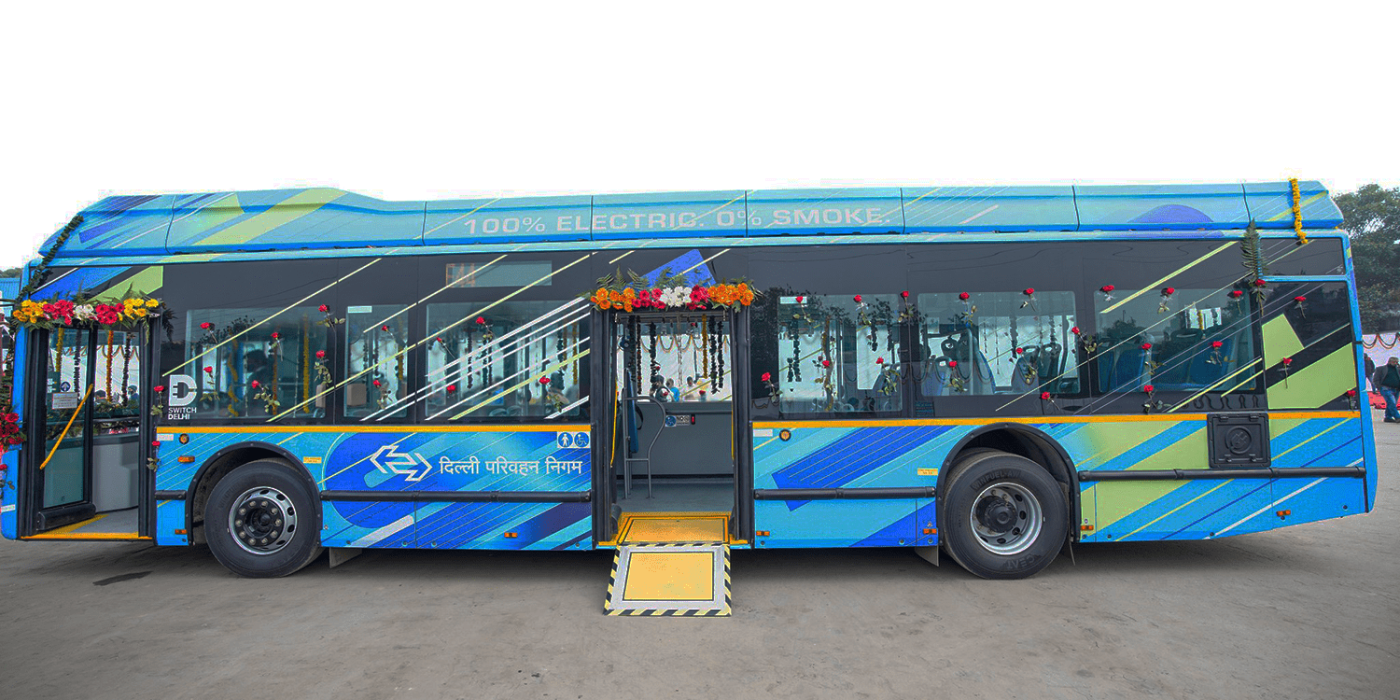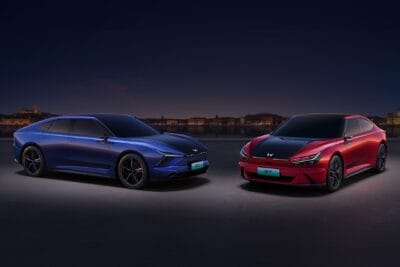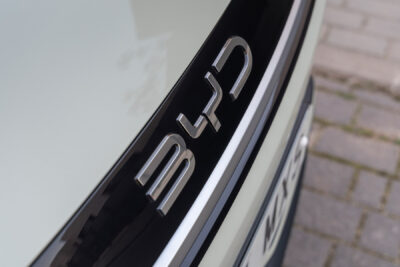Delhi welcomes the first of 300 electric buses
This week India’s capital city territory, Delhi inaugurated the operation of one electric bus to public transport services. The bus was procured by the Delhi Transport Corporation (DTC) and manufactured by JBM Auto Limited. This is the first of another 300 electric buses of the same type that should hit Delhi streets by April this year.
The bus maker says on its website that its 9-meter bus is India’s first 100% electric bus. However, according to Indian media reports, this fully air-conditioned electric bus is a 12-meter-low floor electric bus that can be charged in 1.5 hours (which seems remarkably fast) and has a range of 120 kilometres. The electric buses will have CCTV cameras and panic buttons enabled to ensure the personal safety of passengers (especially women).
Transport Minister Kailash Gahlot said: “Fifty e-buses will be inducted into DTC`s fleet by the second week of February and the target to admit 300 e-buses is likely to be achieved till April.” At the same time as the electric bus was welcomed to Delhii’s streets, 100 gas-powered buses were also put into operation – a further 450 gas-powered buses are to be introduced.
The electric buses were acquired under the Indian government’s Faster Adoption and Manufacturing of Hybrid and electric Vehicles scheme as part of FAME – II. According to local news reports, the first fleet of 300 electric buses made possible under the FAME II scheme is already ready to go, but this first bus is supposed to be the prototype to check how long the bus batteries last. The Hindu news site reports that the complete fleet of 300 electric buses will run from Mundela Kalan (100 buses), Rajghat (50) and Rohini Sector 37 (150 buses).
So far, no further information has been revealed about the buses’ batteries. Generally, India is taking a different approach to battery chemistry, looking to Sodium-ion battery technology as well as metal-air batteries. Just yesterday we reported that India is aiming to promote domestic battery cell production.
After this test run, the rest of the 300 buses purchased under the FAME II scheme will be added to the fleet. According to GKToday, the Delhi Government is aiming to launch 2,300 electric buses. Of these electric buses, 1,300 are to be procured by the DTC, while the remaining thousand electric buses are to operate under Delhi’s cluster scheme. DIMTS is Delhi Integrated Multi – Modal Transit System under which public buses run as a joint venture between the government and private operators who own the buses.
Delhi is not only missing a significant number of electric buses but actually generally missing about a third of the required number of buses required to service the enormous city, home to the country’s capital, New Delhi. In total, 101 new buses were introduced this week – the first new buses in a decade – made up of the above mentioned singular electric bus (the first of 300), as well as 100 gas-powered buses, which are to be followed by another 450 gas-powered examples.
These buses are the first new buses to be put on Delhi’s roads since 2011. The Hindu Times writes that, according to government estimates, a fleet of around 11,000 buses is required in the city, but only about 6,900 buses, including low-floor and standard-floor buses, are currently in operation. Of these, nearly 4000 are run by the Delhi Transport Corporation while the remaining roughly 3000 public transport buses are run by the DIMTS, Delhi’s Integrated Multi – Modal Transit System.
In future, the Kejriwal Government has decided to use only electric vehicles for all the government-run buses.





0 Comments